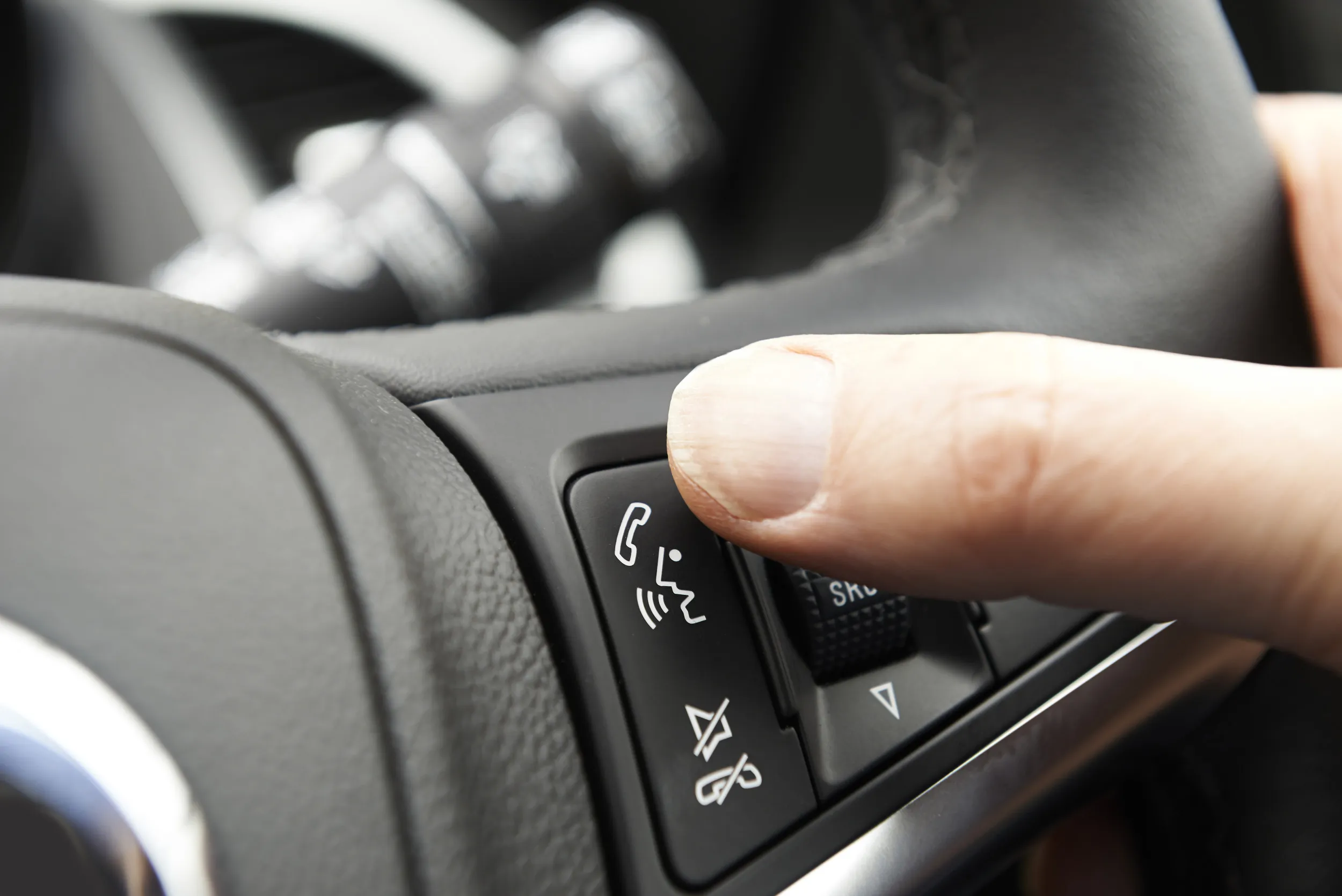China and Russia Spark National Security Alarms Over Tech Integration in Cars

The Rising Threat of Foreign Software
China and Russia represent significant threats to the national security of the United States, particularly in the realm of software used in connected vehicles. As these technologies interweave deeper into car manufacturing, the need for rigorous oversight has become apparent. The U.S. Commerce Department is taking a preemptive approach to mitigate these risks.
The Rule and Its Impact
- Proposed Ban Effective in 2027 for Software
- Hardware Changes Effective in 2030
- Emphasis on Protecting Personal Data
In a potential move, the federal government plans to restrict the use of Chinese and Russian tech in American cars, focusing on connected systems like GPS and Bluetooth. Commerce Secretary Gina Raimondo articulates that this action is crucial for protecting American citizens from cyber threats, as the usage of foreign software is currently limited but hardware is prevalent.
Growing Dependence and Risks
- Cars are increasingly dependent on digital systems.
- Potential for foreign actors to gain control over vehicles.
- Need for comprehensive cybersecurity measures in manufacturing.
The concern is not unfounded; as vehicles integrate more tech, vulnerabilities could expose drivers to risks where bad actors might remotely interfere with vehicle operations. This could lead to severe consequences, prompting the need for stringent regulations.
This article was prepared using information from open sources in accordance with the principles of Ethical Policy. The editorial team is not responsible for absolute accuracy, as it relies on data from the sources referenced.